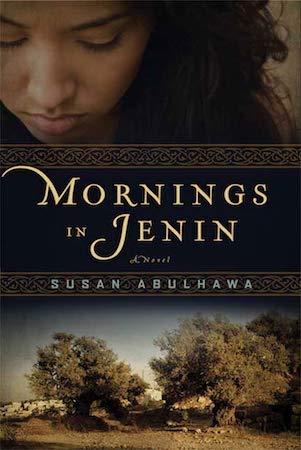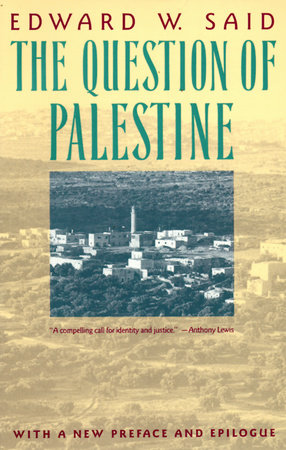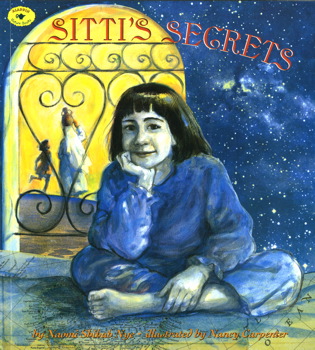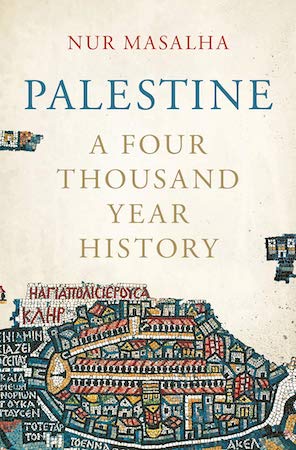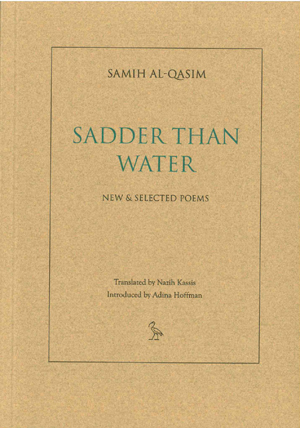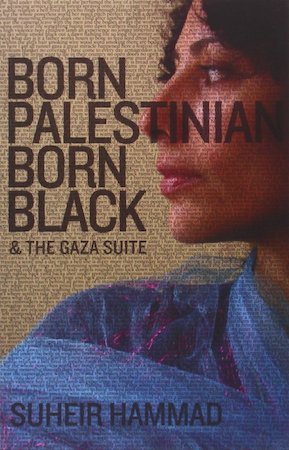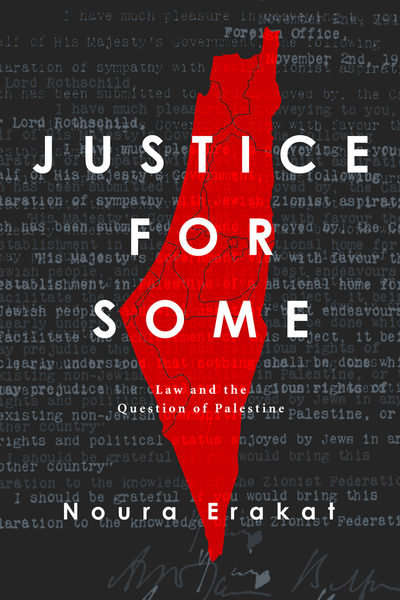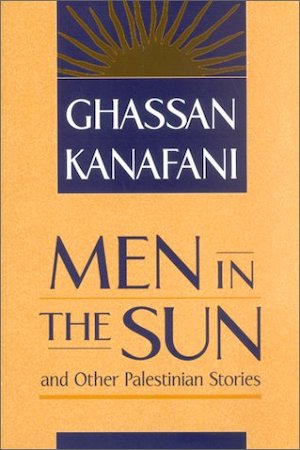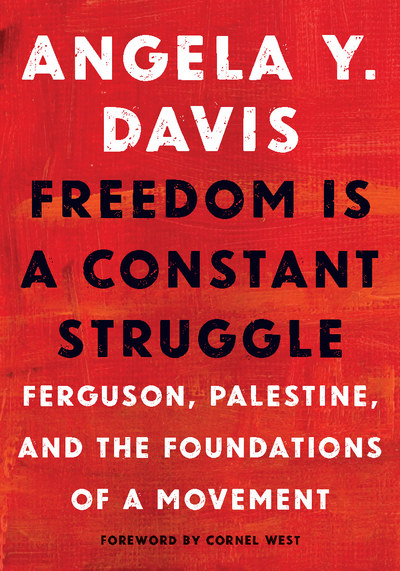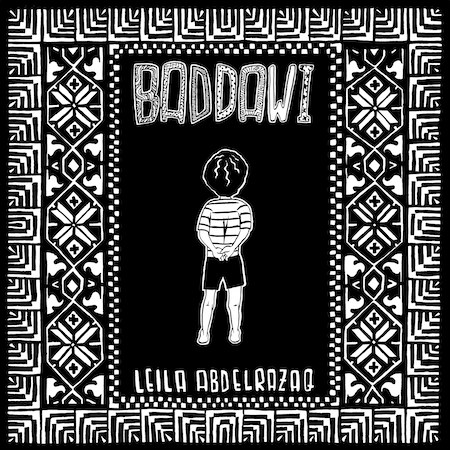If you enjoy reading Electric Literature, join our mailing list! We’ll send you the best of EL each week, and you’ll be the first to know about upcoming submissions periods and virtual events.
What can memory endure? A story, we know, can be told and retold for generations, find its way centuries later in the mouth of a descendant. What then of a memory expunged—so thoroughly and violently that it splinters and disperses across the world? The question often posed to Palestinians is who has the right to a memory? If the efforts to ethnically cleanse neighborhoods in Sheikh Jarrah, Silwan, and so many others are successful, will the families still be allowed to remember them as their homes? Will their children? Will their children’s children?
Collective memory, for Palestinians, continues to be an anchor. The precise and beautiful understanding shared by so many of us that, even after so many decades, with enough patience, the memory returns faithfully and belongs to us all. There is no substitute for addressing the continued subjugation of Palestinians living under Israeli apartheid laws and open-air imprisonment, but what follows is a list of works that we believe capture, each in their own way, some small piece of our enduring collective memory.
The Hundred Years’ War on Palestine by Rashid Khalidi
This book’s undertaking is remarkable: renowned historian Khalidi captures over a century of history in strong, compelling prose, including that of his own family (his great-great-great-uncle was the mayor of Jerusalem in the late 19th-century). It is widely considered required reading for anyone truly wishing to understand Palestine.
Mornings in Jenin by Susan Abulhawa
A multigenerational story about a Palestinian family, Mornings in Jenin follows Amal and her family, displaced from an olive-farming village to refugee camps in Jenin. It’s a magnificently sprawling exploration of kinship, love, and dispossession.
The Question of Palestine by Edward Said
Another essential read, Said lays forth a comprehensive and captivating account on the “Palestinian question.” This book is an astonishing work; while parts of it are necessarily dated (its last edition came out in the early ’90s), it remains an imperative work, with Said bringing an academic’s rigor and precision to the discourse of Palestine.
Sitti’s Secrets by Naomi Shihab Nye, illustrated by Nancy Carpenter
I came across this beautifully written (and illustrated) children’s book when I was a high schooler in Beirut. I reread it countless times. Nye perfectly captures the complex family dynamics that exist in diaspora, and the task of loving people despite barriers of oceans, language, and time zones.
Palestine: A Four Thousand Year History by Nur Masalha
This book is a masterwork. Masalha maps the millennia-old history of Palestine, spanning from early Egyptian and Assyrian texts to the present day. The beating, returning heart of the book is the eloquent, unequivocal assertion that Palestine is by no means a “modern invention,” but one with a rich and extensive past.
Sadder Than Water by Samih al-Qasim, translated by by Nazih Kassis
This 2006 translation made clear what many Arabic readers had long known: al-Qasim is an indisputable, singular talent. A widely celebrated resistance poet who faced imprisonment and censorship over the course of his career, al-Qasim’s poems glint with arresting metaphors and memorable allusions.
Born Palestinian, Born Black by Suheir Hammad
The first book of poetry I read by a Palestinian woman writing in English, Born Palestinian, Born Black literally changed my life. The poems in this collection are haunting meditations on womanhood, Palestine, and home, resulting in pieces that are both visually and sonically stunning.
Justice for Some: Law and the Question of Palestine by Noura Erakat
Erakat, a legal scholar and human rights attorney, offers a framework for understanding the Palestinian liberation struggle that marries the historical with the legal. Through vibrant, attentive writing, Erakat shows us how susceptible the law can be to politics, and offers a powerful case for how international law could someday be used as a vehicle for genuine justice.
Men in the Sun and Other Palestinian Stories by Ghassan Kanafani, translated by Hilary Kilpatrick
It’s hard to summarize the brilliance of this collection. Translated from Arabic, these stories include the gorgeous novella (and parable) “Men in the Sun,” which follows the plight of three Palestinian men leaving their refugee camp in Iraq to seek something resembling a better life.
Freedom is a Constant Struggle: Ferguson, Palestine, and the Foundations of a Movement by Angela Y. Davis
This powerful collection of essays, speeches, and interviews capture Davis’s views on the interconnectedness of liberation struggles around the world—and throughout history. It’s a galvanizing read for anyone genuinely interested in understanding (and learning to advocate for) the practice of intersectionality.
Baddawi by Leila Abdelrazaq
A strikingly drawn graphic novel, Baddawi is the story of the author’s father as a young boy. It explores his childhood in a refugee camp in northern Lebanon, and both the visual and written elements of this debut book are phenomenal.
Unfortunately, It Was Paradise: Selected Poems by Mahmoud Darwish, translated by Munir Akash, Carolyn Forché, Sinan Antoon, Amira El-Zein
These selected works, translated from Arabic, illustrate all that is beloved about Darwish. Considered one of Palestine’s most remarkable poets, these poems encapsulate Darwish’s impressive lyricism, vision, and range in a career that spanned nearly four decades.


